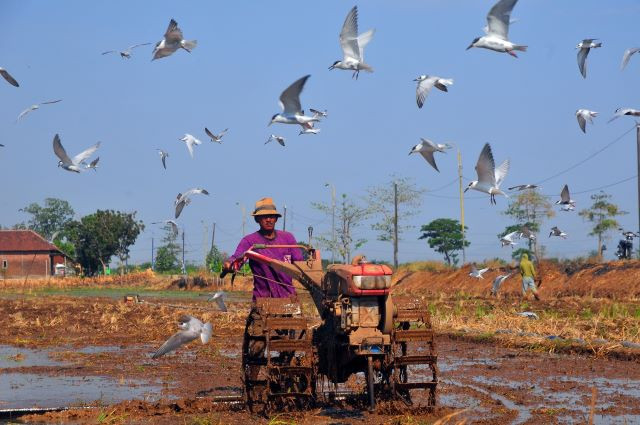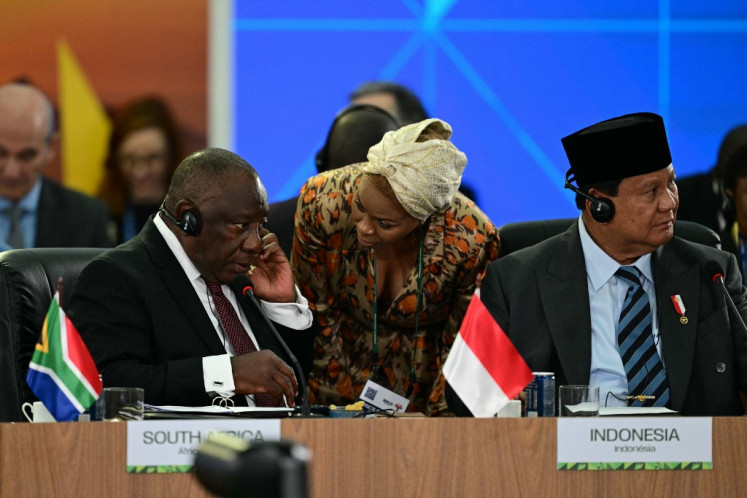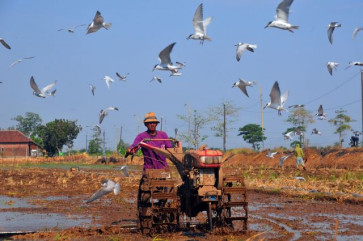Popular Reads
Top Results
Can't find what you're looking for?
View all search resultsPopular Reads
Top Results
Can't find what you're looking for?
View all search resultsStrategizing for food security infrastructure
Dams enable farmers to diversify their agricultural practices and enhance overall productivity.
Change text size
Gift Premium Articles
to Anyone
A
s rice prices surge across Asia because of a myriad of factors, including extreme weather conditions, Indonesia finds itself at a crossroads. The need to bolster food security infrastructure has become increasingly apparent, particularly considering the country’s reliance on rice as a dietary staple. To comprehend the urgency of this matter, we must first delve into the recent challenges and issues surrounding rice production and prices in Asia.
Recent months have witnessed a significant upswing in rice prices throughout Asia. This surge can be attributed to various factors, including catastrophic weather events such as floods and heatwaves that have taken a toll on rice production. As rice prices rise, the region faces the brunt of food inflation, placing immense strain on households and businesses alike.
At the heart of these challenges lies India, the world's foremost rice exporter. In July, India took the consequential step of prohibiting the export of non-basmati white rice. This decision reverberated throughout the global rice market, intensifying existing supply concerns and exacerbating the challenges facing rice-importing nations.
Considering these multifaceted challenges pervading the Asian rice market, Indonesia stands as a nation at the forefront of safeguarding its food security. Recognizing its profound reliance on rice, the nation is compelled to fortify its food security infrastructure. This entails an intensified focus on boosting domestic rice production, enhancing infrastructure, diversifying the diet, adopting prudent trade policies and investing in critical agricultural assets, including irrigation dams.
Among the critical components of Indonesia's food security infrastructure, irrigation dams play an indispensable role. These dams are more than mere reservoirs; they are lifelines for agriculture, especially in a nation that heavily relies on rice production.
Indonesia's geographical diversity presents both opportunities and challenges for agriculture. While the nation benefits from abundant rainfall in some regions, others face irregular precipitation patterns, including periods of drought. Dams provide a means to harness and manage this vital resource. By capturing and storing rainwater during the wet season, dams ensure a consistent supply of water for irrigation during the dry season. This management of water resources is vital for maintaining stable rice production, regardless of climatic variations.
Dams equipped with appropriate control systems serve as a means of flood control. They can release excess water during periods of heavy rainfall, thereby preventing flooding in downstream areas. Conversely, during droughts, dams release stored water for irrigation, safeguarding crops against water stress.



















